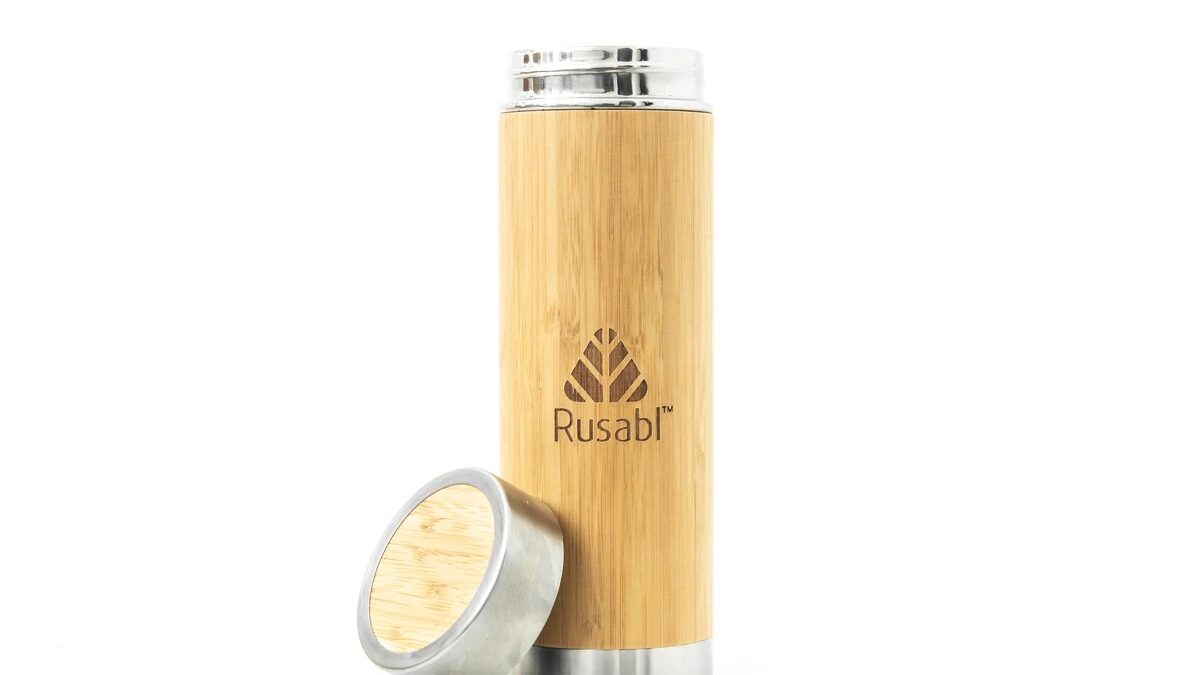There are millions of water bottles manufactured and consumed daily. Plastic, recyclable, or glass – the kind of bottle you use for quenching thirst can have an adverse consequence not just on the environment but also on your health.
Water when stored and carried in a bottle, releases its particles in it. Many of which can be harmful. Like a plastic bottle releases various toxins into your water which, on consumption, can be harmful to your health. Out of various toxins, you must have heard about BPA. Let us dig into what is BPA and everything you should know about this.
BPA
What is BPA?
BPA refers to Bisphenol A, a colourless element that is commonly used in many products and does not dissolve easily in water. This chemical is used in various plastic products such as water bottles, CDs, various baby’s products, sports equipment, cans, frozen food packaging, and many more.
What is an adverse effect of BPA?
Bisphenol A can cause various health issues such as cancer, diabetes, imperfections during birth, or fertility issues among women. That is why many countries have stopped the use of this chemical in manufacturing products.
This chemical has been banned from use in baby products especially. Choosing BPA-free water bottles such as bamboo steel bottles will help in decreasing exposure to the effects of this chemical.
Are BPA-free bottles costly?
Not true, you will find bottles encompassing BPA at a similar price as the one without it. You can invest in refillable BPA-free bottles to avoid the wastage and hassle of purchasing bottles over and over again. Since most of the companies are now instructed to diminish the use of this chemical, while buying any product you can just check in its specification to verify whether or not it consists of BPA.
How to ensure if the bottle you are purchasing is BPA-free?
There are few marks that will be printed on the bottle or on its packaging determining that will specify the presence of BPA. There are certain designs with numbers or initials that will give you an idea about the BPA. Check for number 7 or polycarbonate (PC) which means that the bottle contains Bisphenol-A.
How to avoid exposure to BPA?
You can opt for eco-friendly and reusable products to avoid exposure to BPA. Here are a few changes you can make –
- Choose only BPA free products
- Make use of glass or stainless steel bottles instead of plastic ones for feeding your baby or check if the polypropylene bottle comes with label 5.
- Limit your habit of buying canned or frozen food, especially from the companies or brands that do not use a BPA-free trademark.Go for products with cardboard or aluminium packaging for your milk or soups. Instead of canned fruits, buy fresh fruits.
- Check if the baby products you are buying like feeding bottles, infant formulas and other tableware are BPA free.
- While heating food in microwave, avoid using plastic products as it can release BPA in your food
From where can you buy BPA-free bottles?
You can easily buy these bottles from any store or online. Many companies are into selling eco-friendly products such as bamboo steel water bottles which are BPA-free, shopping tote bags made of cotton, also known as eco-friendly carry bags.
The major advantage of going for BPA-free bottles is that they can be reused and when exposed to any kind of beverage, they do not release toxins. It will keep your drink fresh throughout the day.
To sum up
BPA can have some serious effects on your health, that is why choosing to go for BPA-free water bottles can help in reducing your exposure to toxins and will help in saving the environment as well.


